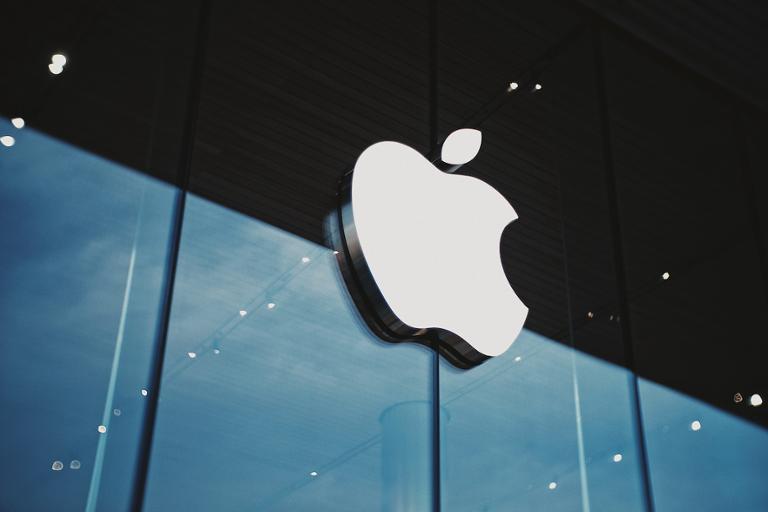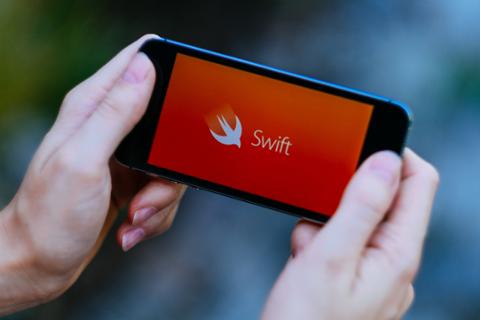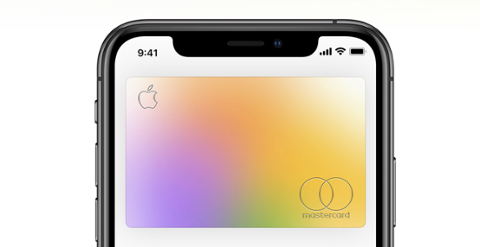Apple’s iOS and Google Android dominate the mobile app world. For those who opt to build iOS apps and software, there’s no shortage of opportunity out there: many thousands of organizations need specialists who’ve not only mastered the platform, but can also shepherd products through Apple’s App Store.
Average pay for iOS developers is often quite lucrative. According to Lightcast, which collects and analyzes millions of job postings from across the country, developers who specialize in the iOS stack (which includes knowledge of the programming languages Swift and Objective-C) can earn a median salary of $97,298. Glassdoor presents similar numbers, pegging average iOS developer compensation at $108,471 per year.
But where do iOS developers earn the highest salaries? Fortunately, we have an answer to that, as well, courtesy of Blind, which surveys anonymous-but-verified tech professionals on various issues. Here’s Blind’s breakdown of the top-paying cities for iOS developers:
The above numbers represent a mix of base salary, bonuses, and equity payouts. Given all that, is it any surprise that the top of the list is dominated by San Francisco and the cities of Silicon Valley? Not only are the tech companies in this region absurdly well-monetized, but the biggest pay out a healthy chunk of overall compensation in stock—and a stock price can soar quite a bit over the years. Other tech hubs such as New York City and Austin also dominate, for similar reasons.
If you want to learn iOS, you need to master Objective-C and Swift. Objective-C is Apple’s longtime programming language—seriously, it’s been around for decades, and an absurd number of legacy apps are built in it. Swift is somewhat younger (almost 10 years old), and it’s been rapidly building out new features and tweaks to make it robust.
For those totally new to programming, Apple’s developer website has a (retired) hub that breaks down Objective-C coding; there are also numerous online tutorials in the language. For learning Swift, start at Swift.org, which has documentation, sample code, and access to forums; there’s also Swift Playgrounds, an easy and fun way to learn some Swift basics. Once you’ve mastered the languages, you can move on to the key tools in the iOS ecosystem:
- SwiftUI: A declarative framework for multiplatform apps, useful for layout and behavior.
- UIKit: A declarative framework for building apps for iOS.
- Xcode: Apple’s IDE for macOS, iOS, iPadOS, watchOS, and tvOS development.
Once you’ve become adept at building iOS apps, you should consider engaging in personal projects; if you can show a hiring manager or recruiter the interesting things you’ve built on your own, you’ll have a better chance of landing a gig. A portfolio of work is also vital if you want to strike out on your own as a freelance iOS developer. Good luck!



